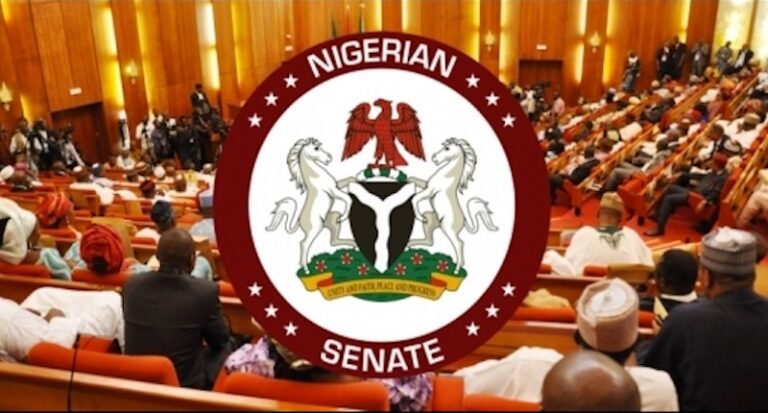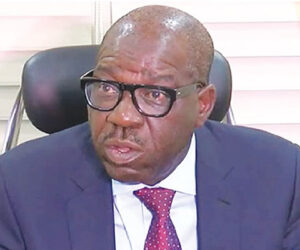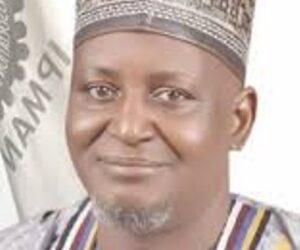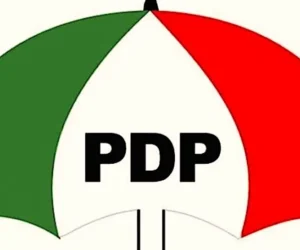3
Sola Shittu
Ahead of the 2027 general elections, the Senate on Wednesday proposed a major reform in Nigeria’s electoral legal framework — seeking to shift the burden of proof in election petitions from aggrieved candidates to the Independent National Electoral Commission (INEC), which conducts and supervises elections in the country.
The proposal emerged during debate on the general principles of a bill seeking the repeal of the Electoral Act 2022 and the enactment of a new Electoral Act 2025. Lawmakers argued that the existing law places an unfair responsibility on petitioners who challenge election results, rather than on the electoral body that manages the process.
Under the current legal regime, based on the Evidence Act, the burden of proof rests primarily on the petitioner — following the principle that “he who asserts must prove.” But several senators, led by Senator Seriake Dickson (PDP, Bayelsa West), insisted that this provision should be reviewed to enhance transparency and strengthen Nigeria’s democracy.
In his submission, Senator Dickson emphasized that the Tenth Senate must seize the opportunity to deliver “meaningful and far-reaching electoral reform” as one of its landmark achievements.
“If there is one major achievement we must secure in this 10th Senate under your leadership,” he said, addressing Senate President Godswill Akpabio, “it should be meaningful electoral reform. We have the opportunity to modernize our system — authorise INEC to deploy more technology and back that authorisation with adequate funding.”
Dickson stressed that political parties remain one of the greatest challenges to Nigeria’s democracy, calling for stronger regulation of party conduct and internal democracy.
“Our political parties are among the greatest challenges to our democracy; we must find ways to regulate and control party behaviour so democratic norms are strengthened,” he said.
The former Bayelsa governor then focused on what he described as a critical reform — the burden of proof in election litigation.
“Electoral matters are sui generis and require special treatment,” he said. “The current rule — that the challenger must prove alleged irregularities — unfairly handicaps the process. INEC conducts elections, appoints ad-hoc officials, collates and announces results; it should therefore bear the primary burden of proving that elections were conducted peacefully and in accordance with the law. We should reflect this change in the Electoral Act.”
Senate President Godswill Akpabio strongly endorsed Dickson’s argument, saying the electoral umpire must be held accountable for the integrity of the elections it conducts.
“I agree with Senator Dickson and other Senators who have called for shifting the burden of proof in electoral litigations from litigants to INEC,” Akpabio declared. “INEC must be held responsible because it is the organiser and supervisor of elections. It is in the best position to carry the burden of proof in litigations.”
Akpabio argued that the proposed amendment would not only enhance public trust in the electoral system but also compel INEC to improve its internal documentation, logistics, and post-election transparency.
Beyond the issue of burden of proof, the Senate also debated other critical areas that could reshape Nigeria’s electoral process, including eligibility of delegates in party primaries and the issue of political defections.
Senator Abdul Ningi (PDP, Bauchi Central) urged his colleagues to ensure that all elected political office holders — from councillors to governors — are recognized as eligible delegates during party primaries. He said such inclusion would deepen internal party democracy and give elected officials a voice in the nomination process.
In a related contribution, Senator Muntari Dandutse (APC, Katsina South) called for a firm legal provision that would strip defectors of their elective offices if they abandon the political parties that sponsored their elections.
According to Dandutse, “Doing so will strengthen Nigeria’s multi-party democracy and restore its dignity in the international community. Lawmakers and executives who defect after winning elections undermine the stability of the political system.”
The proposed overhaul of the Electoral Act comes amid growing national debate about Nigeria’s electoral credibility, the independence of INEC, and the rising cost of election litigation. Many observers have argued that shifting the burden of proof to INEC would help reduce frivolous petitions while compelling the commission to improve transparency.
Legal experts, however, warn that the reform must be carefully structured to avoid overburdening INEC and to ensure that the electoral umpire remains neutral in disputes arising from its own activities.
Constitutional lawyer Dr. Akin Onigbinde (SAN) noted that while the reform proposal is commendable, it must balance accountability with institutional autonomy.
“INEC should be required to provide documentary evidence and data that establish compliance with electoral laws,” he said. “But the petitioner must still demonstrate how the alleged irregularities substantially affected the outcome of the election.”
If the proposal sails through, the amendment could mark one of the most significant shifts in Nigeria’s electoral jurisprudence since 1999. It would redefine the relationship between INEC, the judiciary, and political contestants, ensuring that elections are not only free and fair but also verifiably transparent.
Observers say the change would place a higher moral and legal obligation on INEC to defend its processes with credible evidence — such as original result sheets, BVAS data, and electronic transmission logs — rather than relying on technicalities or procedural loopholes in court.
Political analyst Dr. Jide Ojo described the debate as “a healthy and long-overdue conversation about where accountability truly lies in an election process.”
“Elections are organised by INEC, not by candidates,” Ojo said. “So, logically, it is INEC that should bear the initial responsibility of proving that it followed the law. This will change the culture of impunity in election administration.”
As preparations begin for the 2027 general elections, the Senate appears determined to deliver a new legal framework that reflects lessons from past polls and judicial experiences.
The proposed Electoral Act 2025 is expected to introduce new clauses on technology deployment, funding, internal party democracy, campaign finance, and dispute resolution timelines — in addition to redefining INEC’s accountability role.
Lawmakers from both the ruling and opposition parties expressed optimism that the bill, once passed, would strengthen citizens’ faith in the electoral process and reduce post-election crises.
For now, all eyes are on the National Assembly to see whether the debate will translate into genuine reform or end as another well-intentioned but unimplemented legislative exercise.
As Senator Dickson put it: “The credibility of our democracy depends on the credibility of our elections. If we get this right, Nigeria will take a bold step toward true democratic consolidation.”
End








